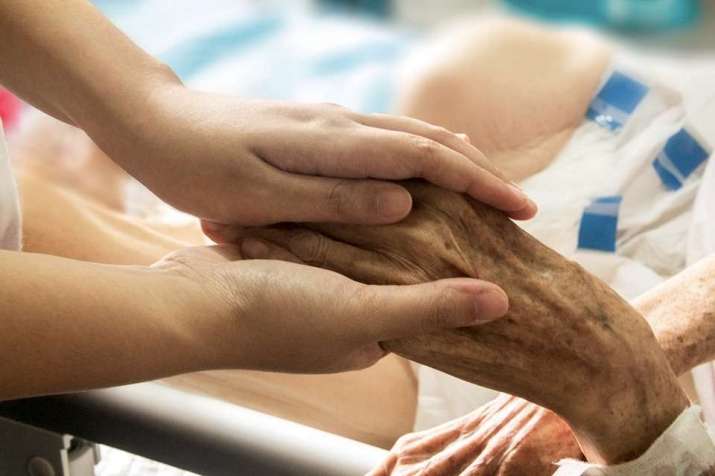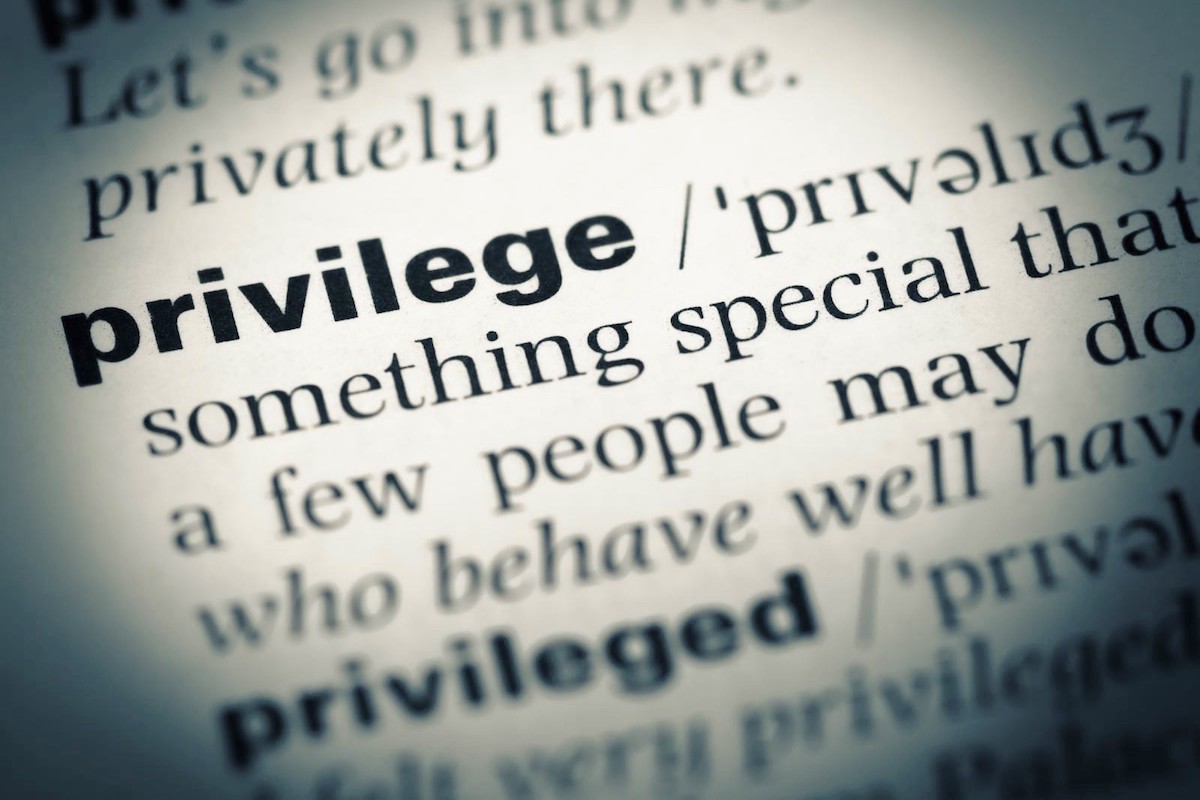FEATURES|COLUMNS|Death Dhamma
In Death, There Is Privilege

Death is a pleasure to common and middlemen. Only rich and powerful men worry much about death. They are always in glass houses for protection. – Anonymous
A listener of The Death Dhamma Podcast left the above comment for me. With appreciation that someone took the time to share his or her thoughts, I read it a few times to process the message. Here are three of my takeaways:
1. This person was telling me that spending time discussing death was a pursuit for the privileged.
2. If you are not privileged, then death might be welcome.
3. Only wealthy people worry about death, and they try to protect themselves from death, but their attempts are futile (glasshouses).
Three people I recently interviewed specifically called out the fact that in death there is privilege. It is hard not to see my listener’s comment as another reminder to address death and privilege. These thoughts are the beginning of opening up the discussion, with the idea that this is not the end of the discussion.
Another way to acknowledge that there is privilege in death is to be open about the fact that there is social inequity in death. As my listener pointed out, to the less fortunate, death might be a pleasure. Peace after a difficult life. Maybe not the path to their deaths, but the concept of death represents the end of a life full of struggle.
Those who have financial and social privilege are also going to die. Typically, they will die with access to many more resources. One of my interviewees was a hospice worker. She saw herself as being with others who were in a relationship with planned death. Each of them had access to a good level of care and the ability to receive the physical, emotional, and spiritual care to help them have peaceful deaths. A few of my family members were also in a relationship with planned death. And while there was a difference between the competency of the hospice teams with whom we worked, there was never a doubt that we would have help. We had access to excellent medical care, at-home hospice care, counseling services, and spiritual care. I understand that it is due to privilege that these services were available to us. And still, it was difficult. Imagine how much more difficult it is for those who do not have the same privilege.
In my family, death has been about cancer and heart disease. There are people whose lives end due to racial violence or because of poverty and a lack of access to healthcare. What some of us might consider an untimely death is an everyday occurrence in their world.
We see unjust deaths occurring every day. Far too often, they are the result of social injustice. And it is not enough to see this as someone’s karma coming to fruition.

Do not look on those who are less fortunate from a place of superiority, thinking, “This is their experience because they have bad karma; they earned it.” Karma stems from your actions in your past lives, past actions from this life, and your current actions. When you experience negative karma, all you can do is work on your current actions. You cannot go back in time and undo the actions that contributed to your negative karma. There is no place for blame in karma. Karma is not an excuse for a lack of action. Suppose you look away because there have always been poverty and social injustice. Then you do not truly understand karma. Skillful actions that will help you create your own karma involve helping others. Engage in skillful actions now. Skillful actions do not involve turning your back on others.
If you live a life in which you have the time to practice and to prepare for death, you are privileged. There is quite a bit that needed to fall into place for you to be able to practice. You had to be born as a human being in a time and place where you had access to the Buddhist teachings, and you had to be able to heed those teachings. And yes, all of this fell into place for you because of your karma. If you have privilege right now, that is no guarantee that your good fortune will continue. Use your privilege wisely.
If you still find it difficult to be with the dying after sitting with death and working on your training, you can work in areas that will be of benefit. If you help to create a world in which others can have a better life path, you are also helping them with death. Suppose you volunteer in a program that makes education more accessible to at-risk youth. In that case, more of those young people will continue their educations and earn degrees or participate in vocational training. They are more likely to support themselves in ways that allow them to exit a cycle of violence and incarceration. They will have better access to some of the services that people like myself take for granted.
When you help end systemic racism and social and financial inequity, you are helping others have peaceful deaths. Equity in life is more likely to bring equity in death. A peaceful life is more likely to lead to a peaceful death.
See more
Margaret Meloni: Death Dhamma
The Death Dhamma Podcast (Margaret Meloni)
Related features from Buddhistdoor Global
Buddhistdoor View: Honoring the Lessons of Martin Luther King Jr. for Today’s World
Life in America as a Chinese Buddhist Monastic: An Interview with Venerable Guan Zhen
Standing Together: Rev. Angel Kyodo Williams’ Radical Dharma – Book Review














